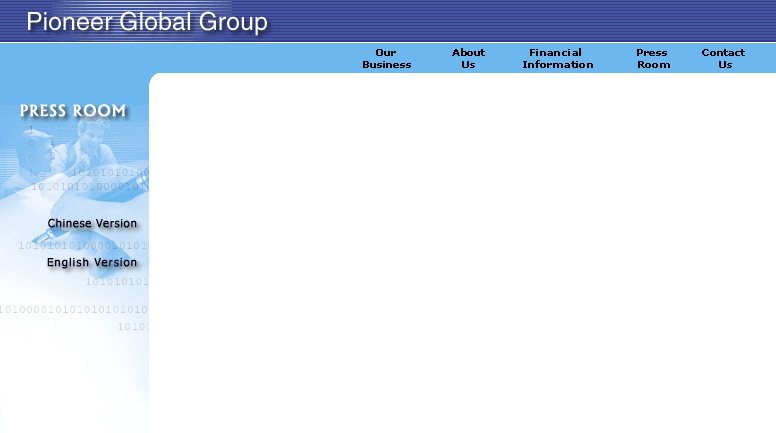| September 14, 2001 |
|
Online
procurement outfit lures 25 firms
|
| Keith
Wallis, Hong Kong iMail ASIAN shipowners and shipmanagers are being targeted by the Hong Kong-based online chandlery procurement outfit, iShipExchange. The firm has 25 shipowners and shipmanagers working with the system, including several large shipping groups who are carrying out real-time trial evaluations. Linda Ho McAfee, iShipExchange chief executive, told iBusiness: ``There are 25 companies around Asia in various stages of trial and usage. There are some in Hong Kong, Taiwan, Japan, Singapore and the Philippines.'' There are also more than 350 suppliers who are registered and conducting transactions through the system. ``The balance of this year and next year will be the period of adoption,'' Ms McAfee said, who is linked to Fairmont Shipping, the Hong Kong bulk carrier operator. She said shipmanagers are more supportive of the online business as one of their key jobs is to control ship operating costs on behalf of ship owners. As a result, shipmanagers are more likely to be comfortable using online and computer-based management and control systems. ``Shipmanagers have the most open eye with what we are doing,'' Ms McAfee said. She estimated that about US$300,000 (HK$2.34 million) a year is spent keeping a typical ship supplied with engine parts, ropes, anchors, deck chains and other ship stores and supplies. This figure does not include crew wages or fuel. Research shows that the cost of manually generating and managing each purchase order for this equipment is US$107. Automating this function, via online purchasing, would slash this to US$10 per order. At the same time the average number of days needed to process an automated order is two, versus seven for a purchase request done by hand. The iShipExchange system, in English, traditional and simplified Chinese and Japanese, allows purchase requisitions to be generated onboard ship, which are then sent the shipowner, operators or shipmanager who can use preferred or registered suppliers to quote. The online function allows both sides to negotiate and requote until a supply deal is agreed and delivery instructions are sent to the supplier. Richard Sheldon, iShipExchange vice-president product strategy, said that one of the major benefits of the system, which has been developed in conjunction with ship operators and suppliers, is that it converts all bids into a single currency allowing easier comparison of the offers. Mr Sheldon
said the iShipExchange system handles the comparison automatically,
considerably easing the workload. Suppliers are also given the opportunity
to qualify their bids with alternative equipment which can also be compared
by purchasing staff with the original specification. Transactions build
into a fully searchable database. |
| © Copyright 1999-2001 Pioneer Global Group Limited. |
